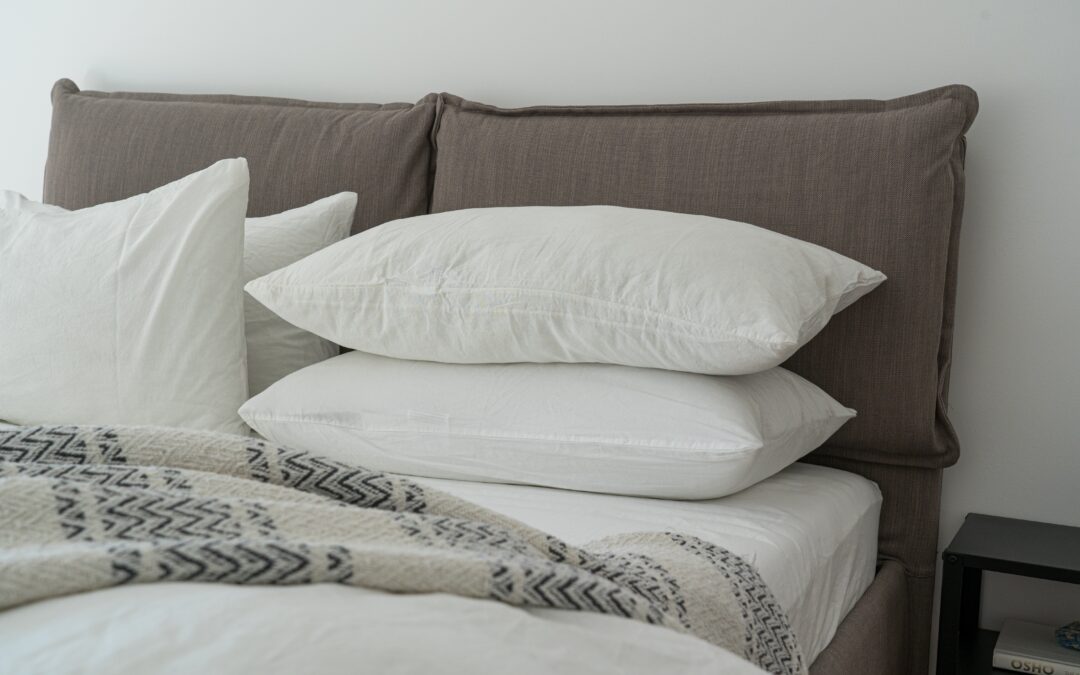Melatonin and Sleep
Melatonin is quite well known as “the sleep hormone”
It is an important part of our sleep-wake cycle and is the regulator of our circadian rhythm, which is our internal body clock; which runs 24 hours a day.
Melatonin production increases as the sun goes down in the evening and reduces as the sun rises in the morning, which helps to promote healthy sleep and good quality rest for our body.
Supplements for Melatonin can be taken, however our bodies are more than capable of naturally producing this hormone if we are in the right environment and lighting.
Melatonin is produced in the brain by the pineal gland, which is then released in to the bloodstream.
As I mentioned earlier, darkness prompts the production of melatonin and light causes the production to stop, which is how it regulates that circadian rhythm.
Sleep is so important for our overall health and wellbeing and keeping the brain-gut connection running smoothly.
We live in a society that never switches off and has so much artificial light, most of which contains blue light, which stimulates the brain and gives an illusion of bright light, or sunlight; which prevents Melatonin from being produced and actually activates the production of the opposing hormone Cortisol.
This hormone is our stress response hormone and naturally rises with daylight, so in the morning through till dusk. Where ideally this would drop and Melatonin would rise.
Cortisol is produced by the adrenal gland, which sits on top of the kidneys. However, the release of the hormone is controlled by the hypothalamus, which is our major regulator in the brain, helping to control our body temperature alongside many other functions.
With the lightbulbs we use and screens like phones, tablets and TV’s we are constantly taking on blue light.
Both of the above hormones play a crucial part in balancing our bodies and our health and we need one just as much as we need the other.
Another role that Melatonin plays is to switch off oxidation, which means it helps to reduce inflammation and also helps with anti-ageing.
So how can we take responsibility and help with the balancing of these hormones and help our body stay as healthy and strong as possible?
Morning light is blue light, so I would recommend exposing yourself to as much natural daylight as possible in the morning and minimise this in the evening. So reduce screen time in the evening, preferably switching these off a minimum of one hour before going to bed to allow your brain to start relaxing and winding down.
Don’t allow screens in your bedroom and if you feel you have your phone switched on, turn the volume up and leave it outside your bedroom door with the door closed. Another benefit of this is that if you use your phone as an alarm, you won’t need the snooze button as you will already be out of bed when switching off that alarm.
If you do need to use screens at night, try wearing blue light-blocking glasses. I can highly recommend them as I use them myself and throughout the day at times too.
Swap your light bulbs; you can also get bulbs that change to red from blue light too. It really depends on how much you want to spend.
This gives the illusion of a campfire, which is how our brains evolved with daytime and night-time centuries ago.
It gives a relaxing environment because the light is so much softer.
I would also recommend going to bed around the same time every night and getting up at the same time every morning. Our bodies work well with routine and we perform much better when we are well-rested and less stressed.
Eat no later than 7pm to allow your food to digest properly, which means your brain can rest whilst your guy and liver go to work to regenerate and repair whilst you sleep.
If you are having difficulty sleeping, avoid alcohol, you may think it is helping you however it is a disruptor of melatonin and so interrupts its production.
Contact Me
Get In Touch Anytime!

